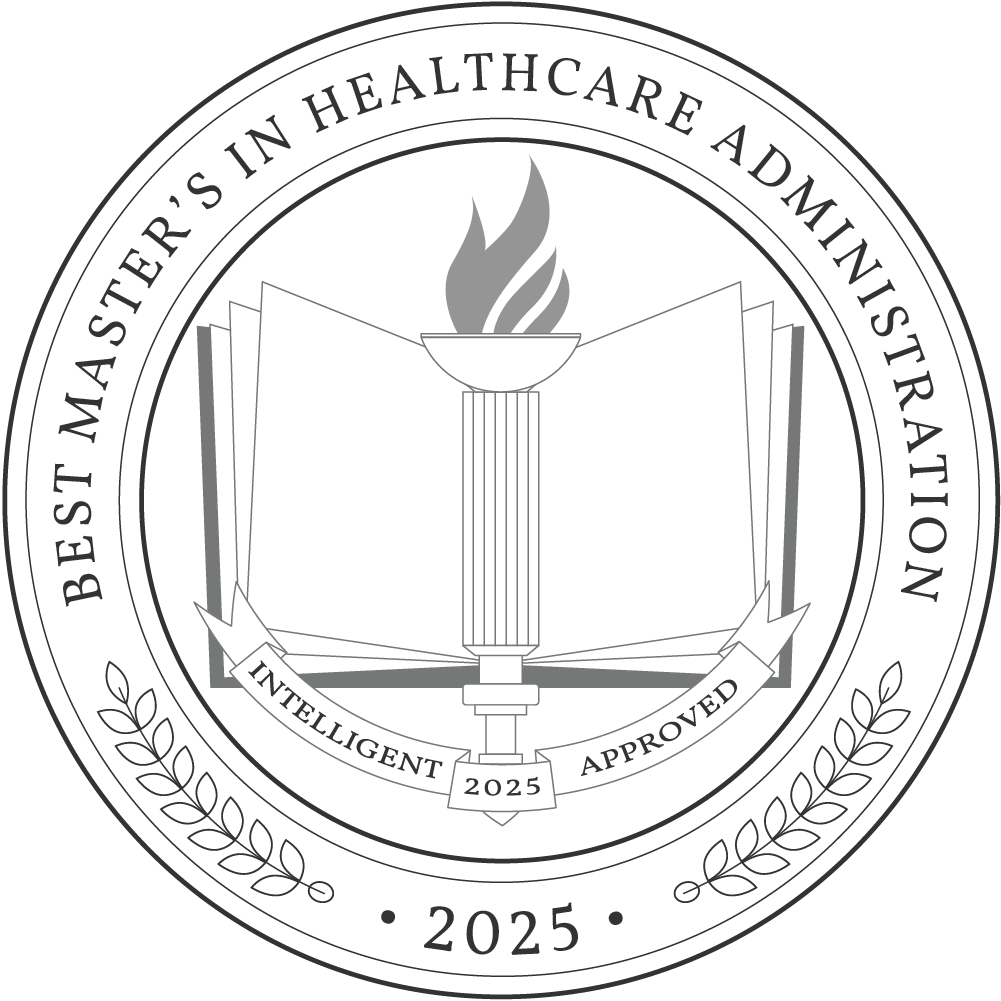Healthcare administrators help countless people receive the high-quality healthcare they need. In a master’s in healthcare administration degree program, students hone organizational, managerial, and leadership skills to run healthcare systems as efficiently as possible, making a quantifiable difference in the lives of patients and their healthcare providers.
In 2023, the average cost of a master’s degree program in healthcare administration was $20,513. Graduates from these programs become medical and health services managers, earning a median wage of $110,680 in 2023. Other professions for those with master’s degrees in healthcare administration include nursing home administrators, directors of outpatient care centers, and hospital managers.
Why Trust Us
The Intelligent.com Higher Education Team is dedicated to providing students with independent, equitable school and program rankings and well-researched resources. Our expert-driven articles cover topics related to online colleges and programs, paying for school, and career outlooks. We use data from the U.S. Department of Education’s College Scorecard, the National Center for Education Statistics, and other reputable educational and professional organizations. Our academic advisory team reviews content and verifies accuracy throughout the year for the most current information. Partnerships do not influence rankings or editorial decisions.
- Analyzed over 2,000 national, accredited, and nonprofit colleges and universities
- 800+ rankings pages are reviewed and updated yearly
- Content is informed by reputable sources, surveys, and interviews with academic advisors and other experts
- Over 100 data points are reviewed for accuracy and quality throughout the year, including sources
How we rank schools
Our list features the best Healthcare Administration degree programs at top colleges nationwide. Each school featured is a nonprofit, accredited institution — either public or private — with a high standard of academic quality for post-secondary institutions.
We evaluated each school’s program on tuition costs, admission, retention and graduation rates, faculty, reputation, and the student resources provided for online students. We collected data from trusted sources like the National Center for Education Statistics, individual school and program websites, school admissions counselors, and other data sources. Then, we calculated the Intelligent Score on a scale of 0 to 100 based on the following criterion:
Academic Quality:
- Admission rate versus enrollment rate
- Retention rate of students who return after year one
- Accreditation status (regional and programmatic)
- Nonprofit status, both private and public institutions
Graduation Rate
- Overall graduation rate
- Total number of currently enrolled students, including diversity metrics
- Student-to-faculty ratio
Cost and ROI
- In-state and out-of-state per-credit tuition rates and fees
- Required credits to graduate
- Earning potential after graduation
- Availability of federal student loans, scholarships, and other financial aid options
Student Resources
- Available student services for online-only and hybrid programs
- On-campus amenities like tutoring centers and the number of libraries
Read more about our ranking methodology.
Best 35 Accredited Master’s in Healthcare Administration Degree Programs
FiltersInstitution Type
Status
- Intelligent Score
- Alphabetically By University Name
- Acceptance Rate
- Enrollment
- In-state Graduate Tuition
- Out-of-state Graduate Tuition
- In-state Undergraduate Tuition
- Out-of-state Undergraduate Tuition

University of North Carolina at Chapel Hill
Intelligent Score: 99.15In-state: $7,019
Out-of-state: $34,198
In-state: $10,552
Out-of-state: $10,552
SAT: 1280-1490
ACT: 28-33
Resident: $586
Non-Resident: $1,602
On-Campus
Commission on Accreditation of Health Management Education
60

University of Alabama at Birmingham
Intelligent Score: 97.93In-state: $34,627
Out-of-state: $51,815
In-state: $16,793
Out-of-state: $16,793
SAT: NA
ACT: NA
$595
On-Campus
Commission on Accreditation of Health Management Education
57-71
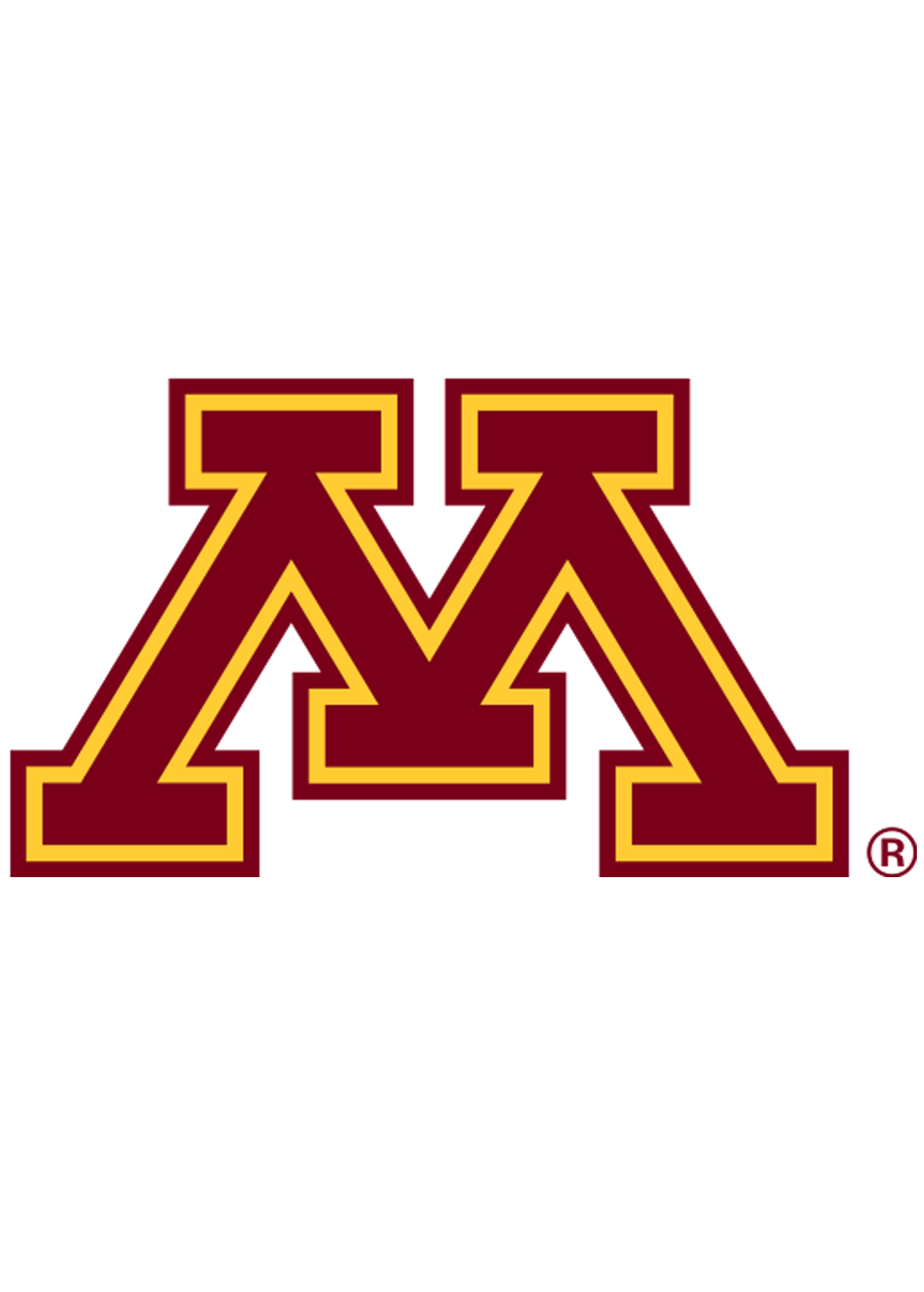
University of Minnesota
Intelligent Score: 96.42In-state: $13,318
Out-of-state: $31,616
In-state: $17,580
Out-of-state: $17,580
SAT: 1240-1460
ACT: 25-31
Resident: $1,107
Non-Resident: $1,455
On-Campus
Commission on Accreditation of Health Management Education
60

Webster University
Intelligent Score: 96.25In-state: $28,500
Out-of-state: $28,500
In-state: $13,500
Out-of-state: $13,500
SAT: 1078-1260
ACT: 20-27
$730
On-Campus, Online
Accreditation Council for Business Schools and Programs
42

Georgia State University
Intelligent Score: 95.96In-state: $7,158
Out-of-state: $22,389
In-state: $7,164
Out-of-state: $7,164
SAT: 1030-1260
ACT: 20-26
Resident: $1,404
Non-Resident: $1,645
On-Campus
Commission on Accreditation of Health Management Education
30
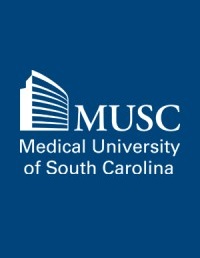
Medical University of South Carolina
Intelligent Score: 95.43In-state: $57,828
Out-of-state: $59,700
In-state: $48,121
Out-of-state: $48,121
SAT: 1110-1320
ACT: 22-30
In-State: $623 - $970
Out-of-State: $938 - $1,694
On-Campus, Online
Commission on Accreditation of Health Management Education
54

Seton Hall University
Intelligent Score: 92.18In-state: $42,920
Out-of-state: $42,920
In-state: $24,372
Out-of-state: $24,372
SAT: 1150-1310
ACT: 25-30
$1,450
On-Campus, Online, Hybrid
Commission on Accreditation of Health Management Education
42

Johns Hopkins Bloomberg School of Public Health
Intelligent Score: 91.8In-state: $88,976
Out-of-state: $88,976
In-state: $91,435
Out-of-state: $91,435
SAT: 1520-1560
ACT: 34-35
$834
On-Campus, Online
Commission on Accreditation of Health Management Education
79

UF Health
Intelligent Score: 91.37In-state: $4,477
Out-of-state: $25,694
In-state: $10,770
Out-of-state: $10,770
SAT: 1290-1460
ACT: 29-33
Resident: $530
Non-Resident: $1,255
On-Campus
Commission on Accreditation of Health Management Education
57

GW Milken Institute School of Public Health
Intelligent Score: 88.86In-state: $55,961
Out-of-state: $55,961
In-state: $31,770
Out-of-state: $31,770
SAT: 1270-1450
ACT: 30-33
$2,130
On-Campus
Commission on Accreditation of Health Management Education
50

Texas A&M University School of Public Health
Intelligent Score: 88.44In-state: $8,395
Out-of-state: $36,849
In-state: $6,775
Out-of-state: $6,775
SAT: 1160-1380
ACT: 26-32
Resident: $383
Non-Resident: $849
On-Campus
Commission on Accreditation of Health Management Education
55

Indiana University, Purdue University-Indianapolis
Intelligent Score: 86.89In-state: $9,815
Out-of-state: $36,194
In-state: $9,786
Out-of-state: $9,786
SAT: 1120-1350
ACT: 24-31
In-State: $566
Out-of-State: $1,374
On-Campus, Online, Hybrid
Commission on Accreditation of Health Management Education
42

University of North Carolina at Charlotte
Intelligent Score: 85.58In-state: $7,019
Out-of-state: $34,198
In-state: $10,552
Out-of-state: $10,552
SAT: 1280-1490
ACT: 28-33
Resident: $248
Non-Resident: $1,057
On-Campus
Commission on Accreditation of Health Management Education
51

Texas Woman’s University
Intelligent Score: 85.46In-state: $94
Out-of-state: $77
In-state: $48
Out-of-state: $48
SAT: Considered (not required)
ACT: Required
Resident: $288
Non-Resident: $697
Hybrid
Commission on Accreditation of Health Management Education
45-54
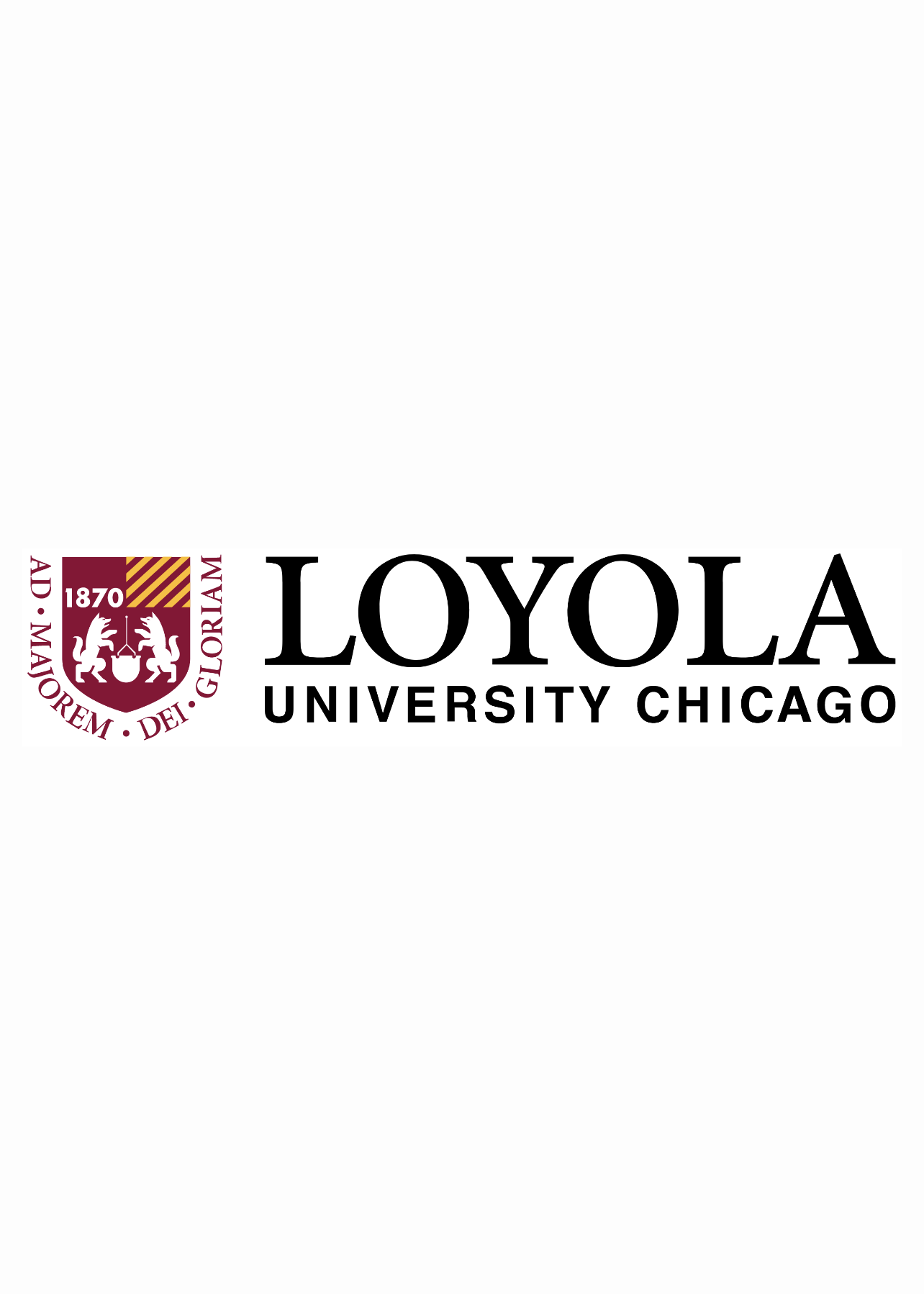
Loyola University Chicago
Intelligent Score: 85.05In-state: $67,818
Out-of-state: $67,818
In-state: $97,480
Out-of-state: $97,480
SAT: 1190-1370
ACT: 27-32
$1,240
Hybrid
Higher Learning Commission
40-43

University of Oklahoma Health Sciences Center
Intelligent Score: 84.24In-state: $4,788
Out-of-state: $20,169
In-state: $6,943
Out-of-state: $6,943
SAT: 1100-1300
ACT: 23-29
Resident: $407
Non-Resident: $1,102
On-Campus
Commission on Accreditation of Health Management Education
45
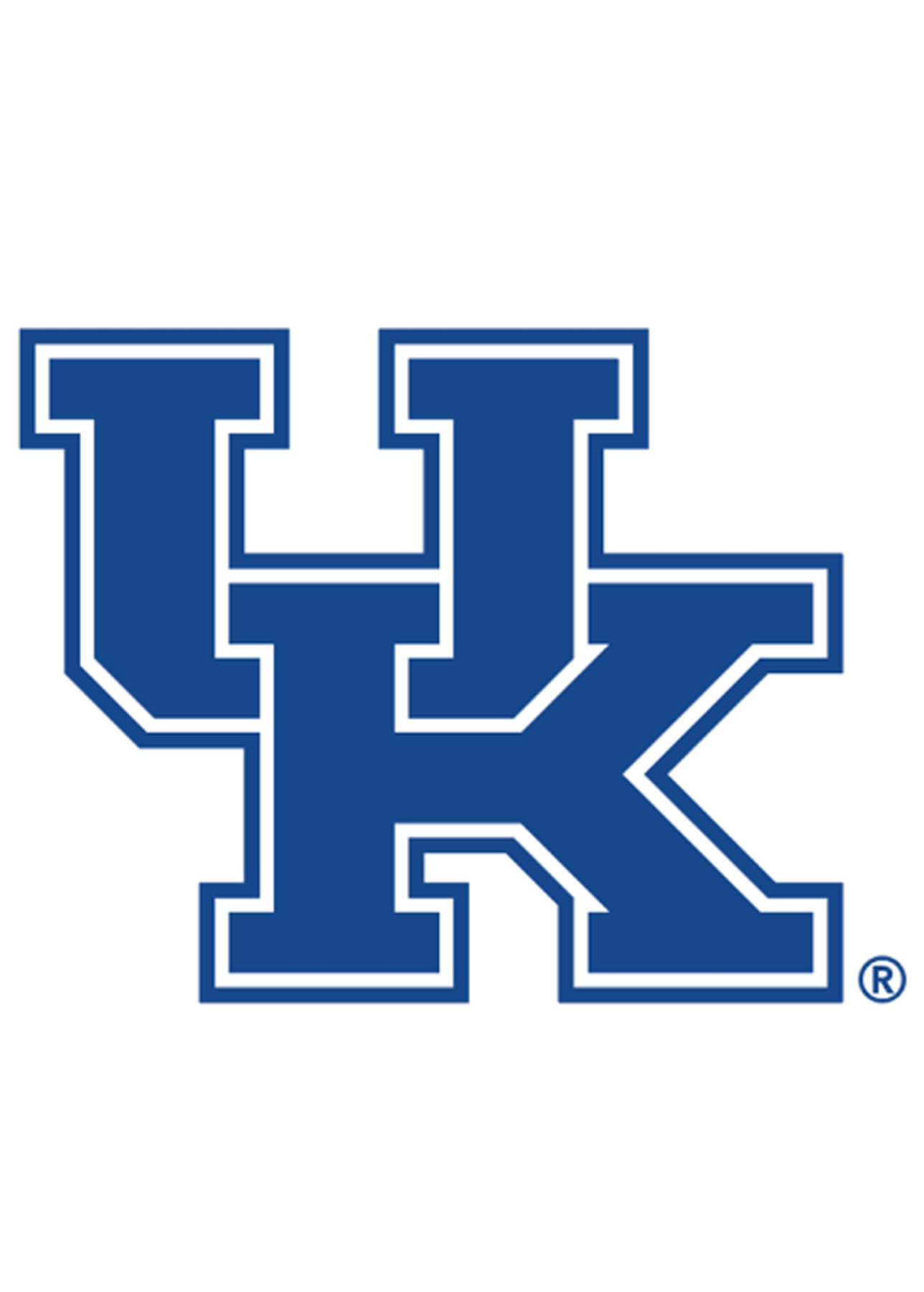
University of Kentucky
Intelligent Score: 81.83In-state: $11,135
Out-of-state: $29,945
In-state: $12,189
Out-of-state: $12,189
SAT: 1070-1280
ACT: 22-29
$751
On-Campus
Commission on Accreditation of Health Management Education
50
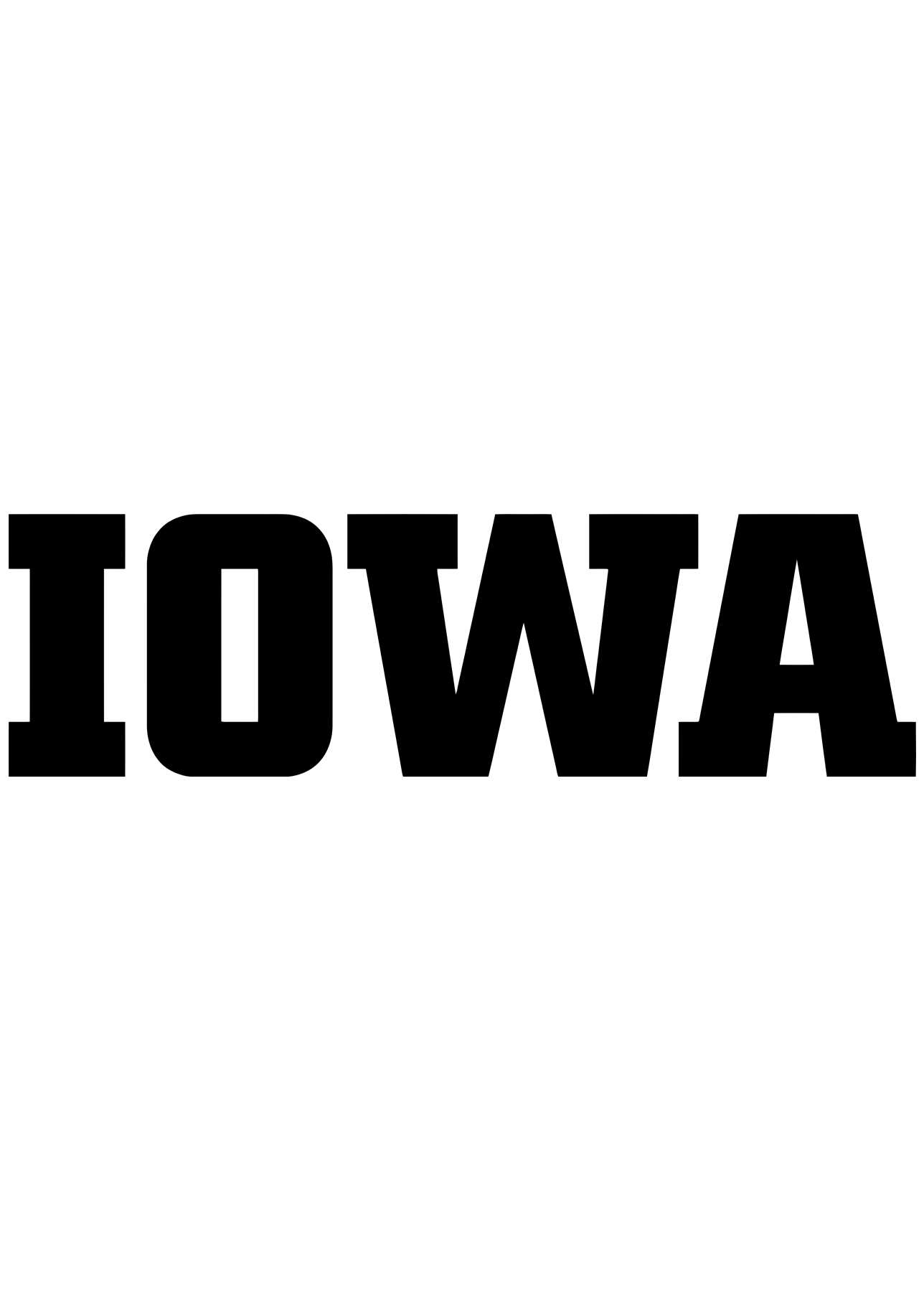
University of Iowa
Intelligent Score: 81.63In-state: $8,073
Out-of-state: $30,036
In-state: $10,079
Out-of-state: $10,079
SAT: 1110-1310
ACT: 22-29
$1,003
On-Campus
Commission on Accreditation of Health Management Education
60
How to Choose a Master’s in Healthcare Administration Degree Program
Choose your area of study
There are three main choices for master’s degrees in healthcare administration: a Master of Healthcare Administration (MHA), a Master of Business Administration (MBA) in healthcare administration, or a Master of Science (MS) in healthcare administration. Your choice of a specific master’s degree in healthcare administration depends on your experience, coursework preferences, and desired career.
An MHA is a broad degree that covers business concepts, such as strategic thinking and organizational theory, and best practices in healthcare and medicine. This degree is a good choice for students who didn’t specialize in business or healthcare in their undergraduate degree but are interested in high-level administrative roles in a healthcare system.
An MBA in healthcare administration applies historical and modern business fundamentals to healthcare. Students who choose this degree may have specialized in business in their bachelor’s program or are more interested in business-focused coursework through the lens of healthcare.
An MS in healthcare administration provides students with a scientific and data-based approach to healthcare administration. Students in these programs have an interest or undergraduate experience in medicine and may have pursued pre-med classes in previous programs. Graduates with an MS in healthcare administration can comfortably converse with doctors, nurses, and healthcare professionals in an administrative setting.
Research schools and programs
Before choosing your graduate school, ensure it is both institutionally and programmatically accredited. Employers prefer hiring graduates from reputable schools accredited by institutional agencies like the Higher Learning Commission (HLC).
Programmatic accreditation agencies like the Commission of Accreditation of Healthcare Management Education (CAHME) and the Council on Education for Public Health (CEPH) ensure that your healthcare administration program is academically rigorous and meets professional standards for the healthcare industry.
Prepare for tests and applications
Like your choice of master’s degree, your test preparation depends on your choice of coursework and future career. The Graduate Record Examination (GRE) or Graduate Management Admission Test (GMAT) are common admission requirements for business schools that offer degrees in healthcare administration. Programs that integrate medical education and business administration may require applicants to take the Medical College Admission Test (MCAT) as well.
In addition to these admission tests, students should be ready to submit the following application materials:
- A letter of intent or personal statement detailing your interest and experience in healthcare administration
- Letters of recommendation from previous professors or employers
- Sealed transcripts from previous programs
Check your program’s application website for their specific application requirements and deadlines. You can also contact your school’s admissions office for details about early admission or ways to set your application apart from others.
Select your program
Consider your educational and personal needs before choosing a healthcare administration program. If you plan to live on campus and attend school full-time, find programs at schools with graduate housing and full-time schedules. If you need a more flexible schedule and housing options, research schools that offer part-time class schedules and off-campus housing—or schools close to where you currently live.
Your program choice will also depend on the type of degree you pursue. Learn more about the institution’s business or business administration degree program. Institutions with medical schools can be a good choice for students interested in taking medical classes alongside their degree in healthcare administration. For more specialized healthcare administration degrees, consider behavioral and health sciences programs.
Determine how you’ll pay for your degree
Fill out the Free Application for Federal Student Aid (FAFSA) to see how much financial aid you’re eligible to receive. Plan your budget accordingly, factoring in costs of tuition and fees, room and board, educational materials, and transportation.
If you need more financial assistance, contact your school’s financial aid office for tips on aid programs like employer tuition assistance. You can also research scholarships and grants to supplement your educational costs.
What Can You Expect From a Master’s in Healthcare Administration Degree Program?
A healthcare administration degree mainly consists of business classes in healthcare. The coursework typically includes class lectures and discussions, research projects, case studies and presentations, and a final capstone or thesis project. More rigorous programs also include a year of residency in a hospital or healthcare setting, similar to medical professionals.
Potential courses you’ll take in a master’s in healthcare administration degree program
- Financial Management. Students learn to manage and evaluate finances in healthcare administration. They apply the fundamentals of finance and economics to prepare and analyze financial statements, make financial forecasts, and create feasible administrative budgets.
- Healthcare Law. In this course, graduate students explore the historical and modern implications of the legal system in healthcare. They evaluate medical ethics as they relate to healthcare practices and navigate American law, the health insurance system, and how they affect one another.
- Organizational Management. Students use leadership skills and business acumen to design an administrative organization in the healthcare system, including its hierarchy and management roles. With research and case studies, they test their systems against organizational variables, financial constraints, and the needs of medical professionals.
- Public Health. Using their prior knowledge of the fundamentals of healthcare administration, students examine best administrative practices in the field of public health. They expand their experience to a large-scale population in real-world situations, including the needs of their own communities, with research projects and internships.
Master’s in Healthcare Administration Degree Frequently Asked Questions
How do I apply to a master's in healthcare administration degree program?
Check your program’s website for specific admission requirements. Depending on the healthcare administration degree you’re pursuing, they may require test scores, a minimum GPA from an undergraduate program, letters of recommendation, and a personal statement. The website can also provide important deadlines and potential interview requirements.
If you have additional questions, contact your school’s admissions office or a program representative. They can give you important tips—including advantageous prerequisites to take before you enter your program—that will make your application stand out.
How much does a master's in healthcare administration degree cost?
In 2023, the average cost of tuition for a master’s degree in healthcare administration was $20,513. That amount includes fees that you may need to pay in the application and admission process, but it doesn’t include room and board, application test fees, educational materials, lab fees, or the cost of transportation.
How long does it take to earn a master's in healthcare administration degree?
Full-time students typically take two years to complete a postgraduate healthcare administration degree. Some programs may require a third year of residency, making the total program time three years. Other programs offer part-time options for students taking care of family or already in the workforce, making their timeline longer than full-time students.
